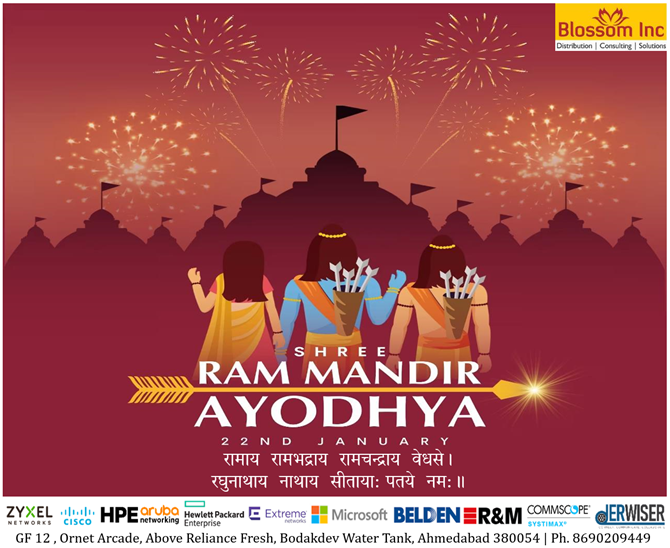
We, Indians are celebrating India’s 75th Republic Day today. ie. 26-January-2024
Today’s Kartavya Path parade highlights various tableaus that show India’s rich tradition, cultural heritage, spectacles of the nation’s progress and achievements and also airshows by the Indian Army, Indian Navy and Indian Air Force.
Dr BR Ambedkar, the chief architect of the Indian Constitution, had said, “Constitution is not a mere lawyers document, it is a vehicle of life and its spirit is always the spirit of Age” and to commemorate the adoption of this constitution of our country’ in 1950. Hence, the celebration of republic day.

The erstwhile govt’s motive for picking 26 January as Indian Republic Day is that on this very day in 1929, the statement of Indian Independence was declared (Purna Swaraj) by the Indian National Congress. The newly independent Constituent Assembly of India concluded the Constitution of India on 26 November 1949, under supervision of Dr. B R Ambedkar. Hence, this glorious act came into influence on 26 January 1950.
We should remember that the Constitution of India is a colossal record, which sets down techniques, powers, obligations, central privileges and order standards of the Public authority of India and Indian residents. The main rule of the Indian Constitution is “Of the people, For the people and By the people”; it signifies the power possession of the residents of India.
Republic Day denotes the celebration of the strengthening of Indian residents to choose their government. It is a public holiday which remembers the course of the foundation of the Indian Constitution.
Never Forget Our Heroes, who sacrificed their lives for India,
Team Blossom Inc.
to bring up this glorious day, Happy Republic Day!!
Our heads bow in unison to our Indian flag and wish all our customers, partners, system integrators and resellers. Happy 75th Republic Day of India.





